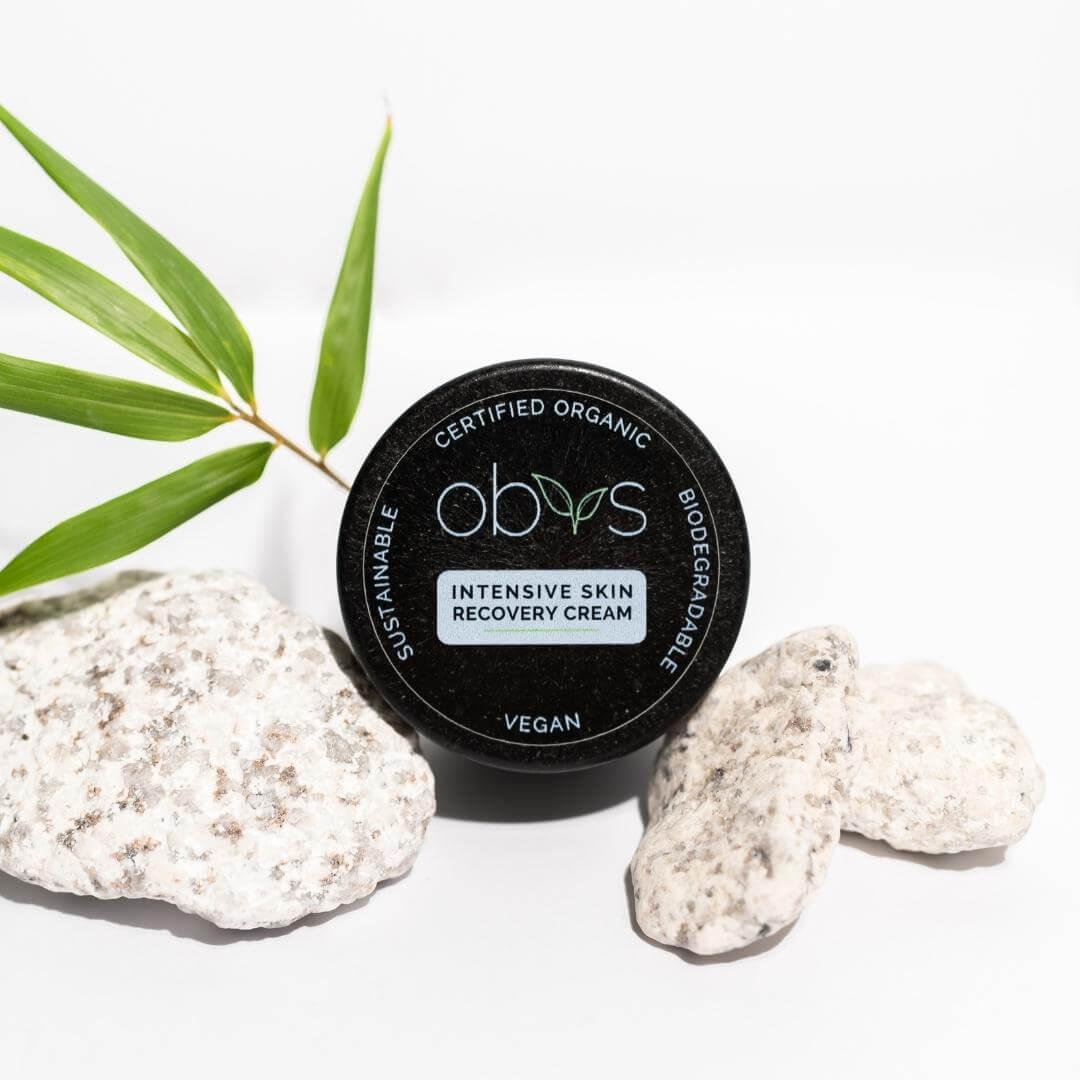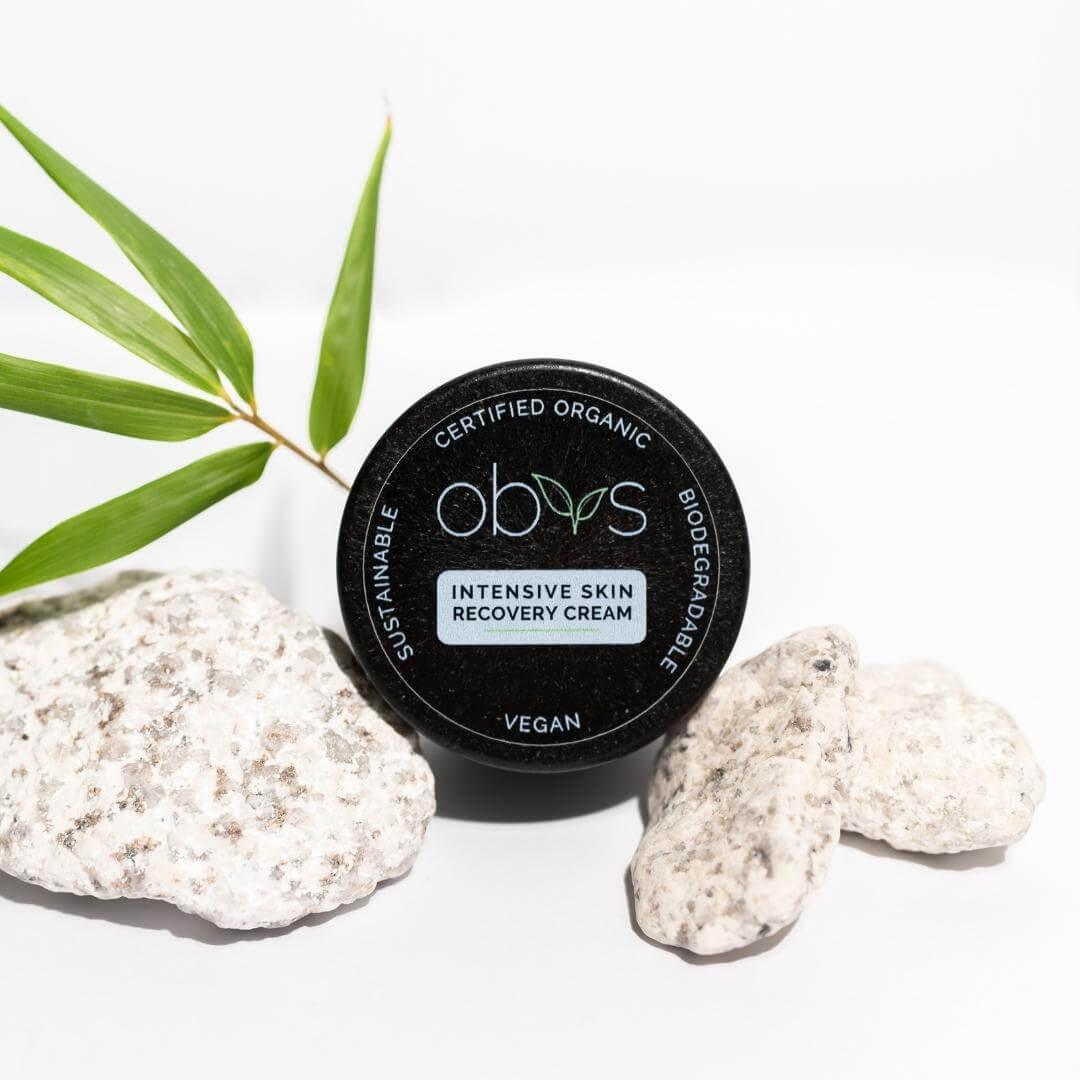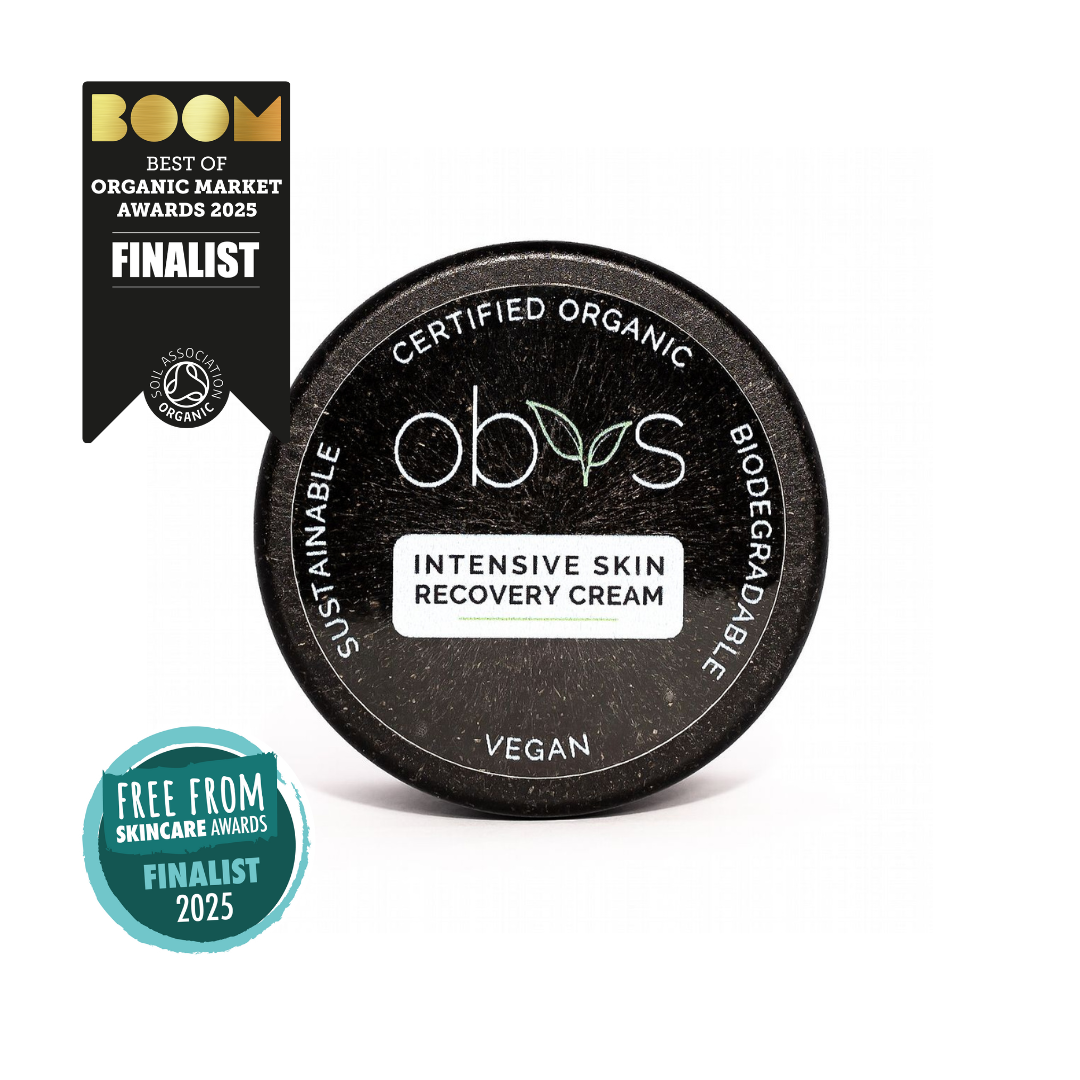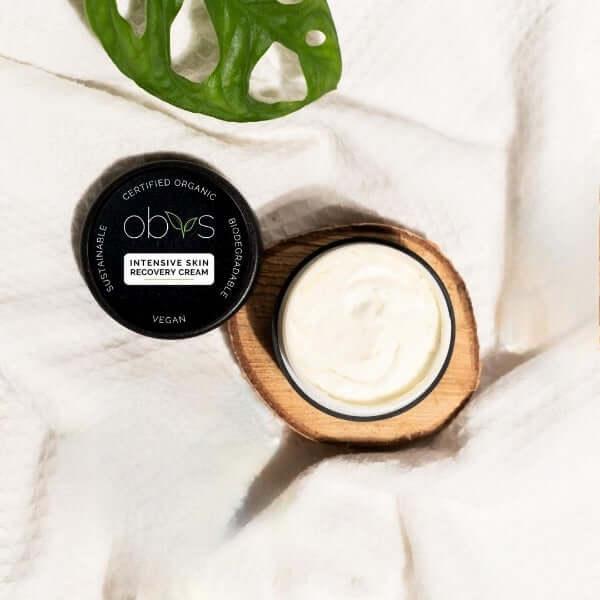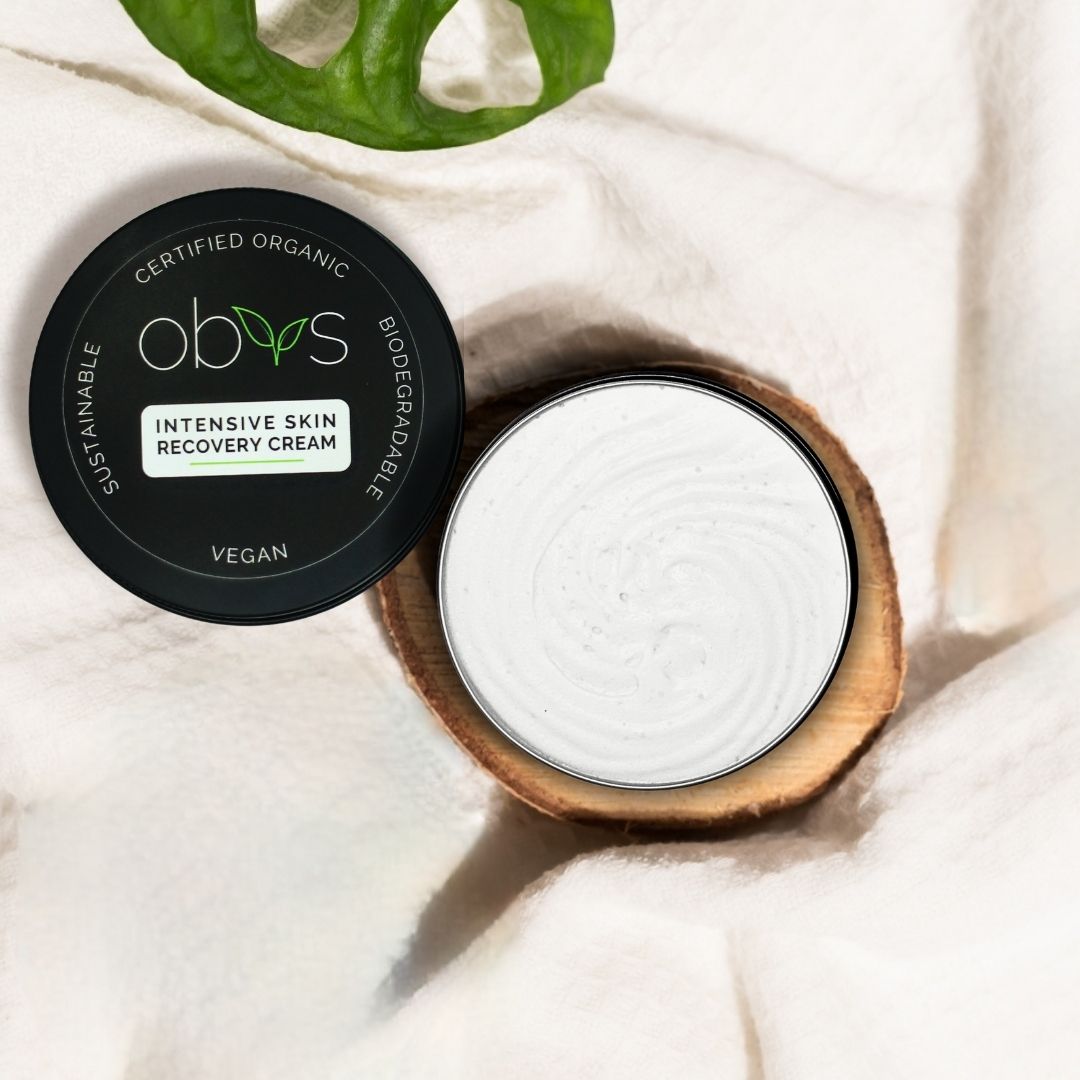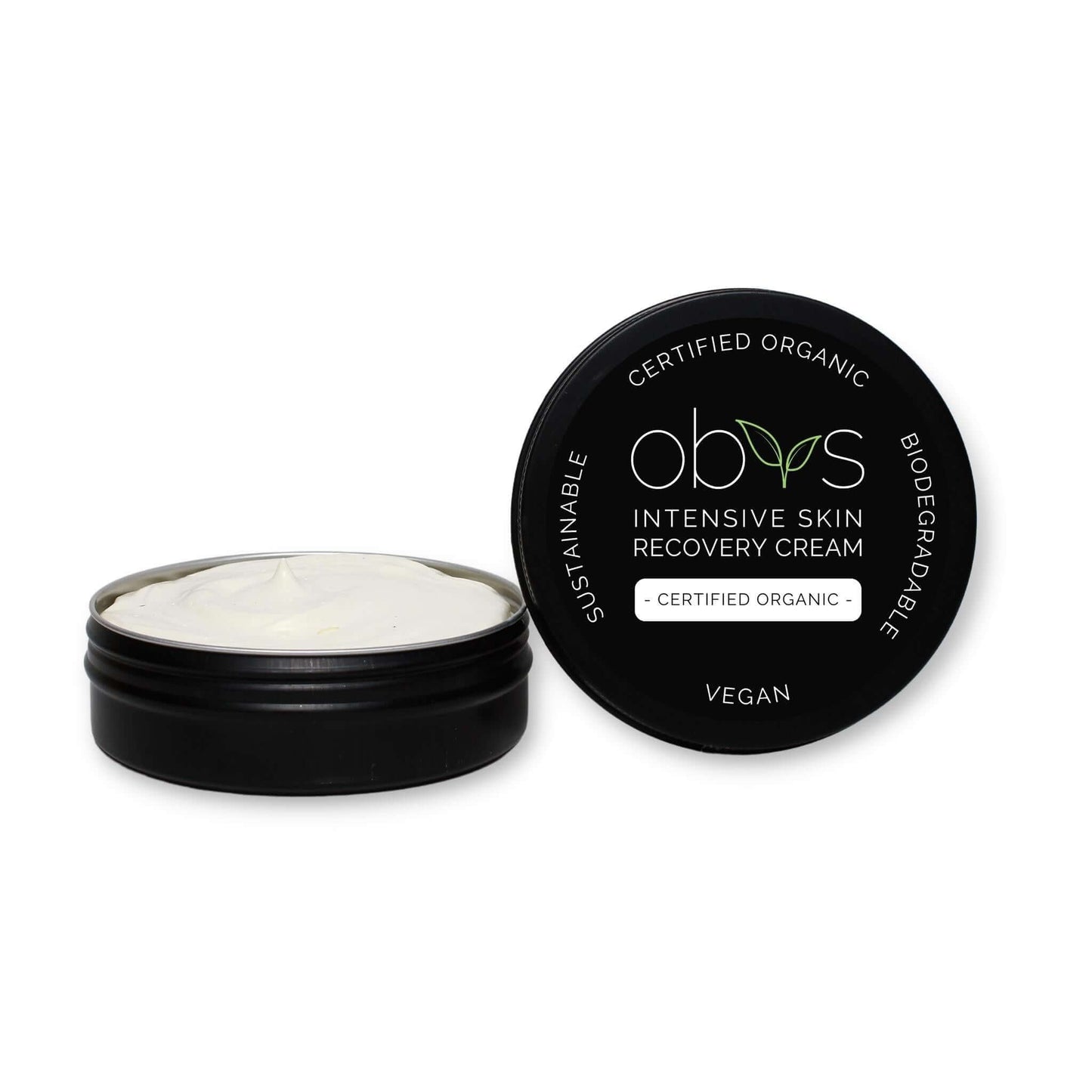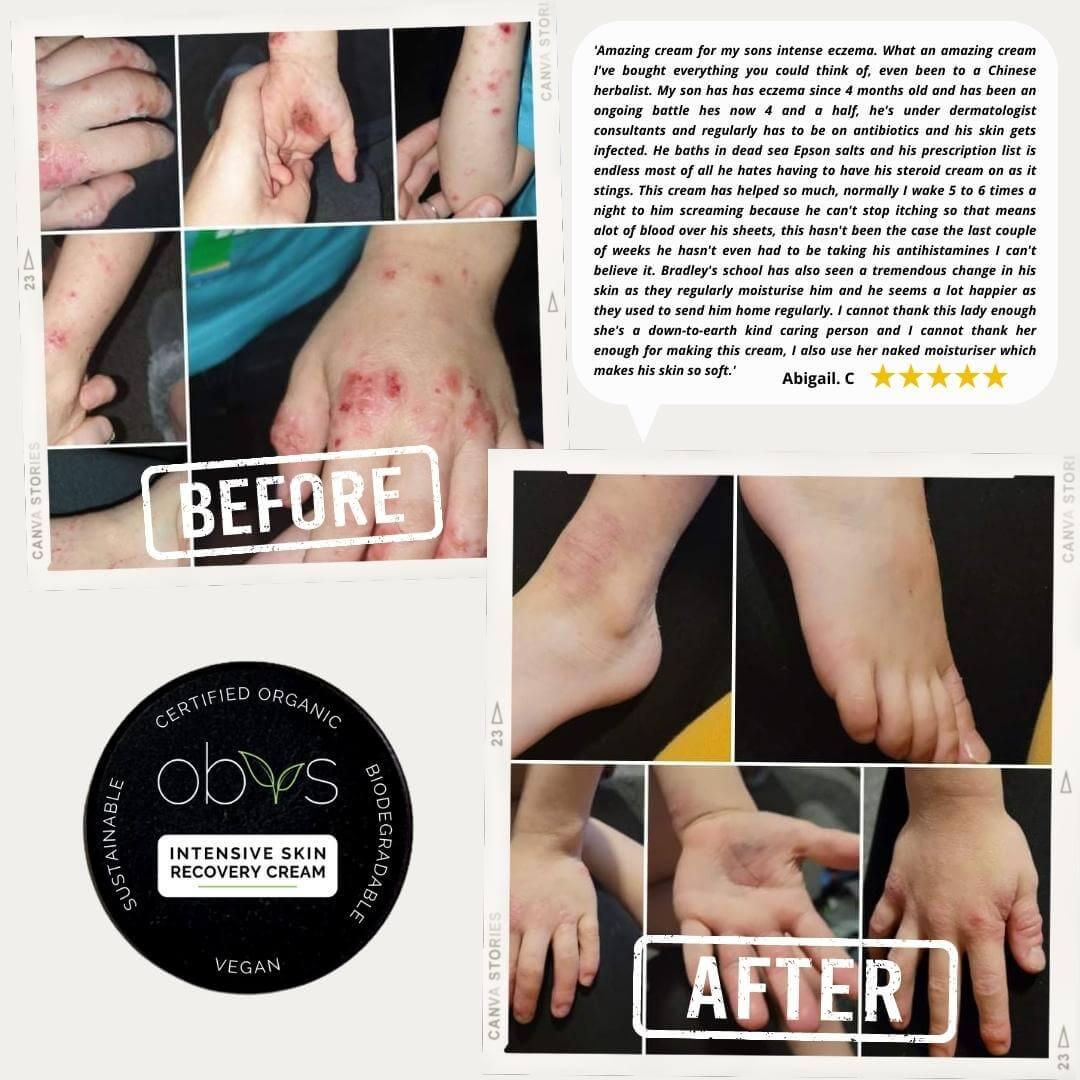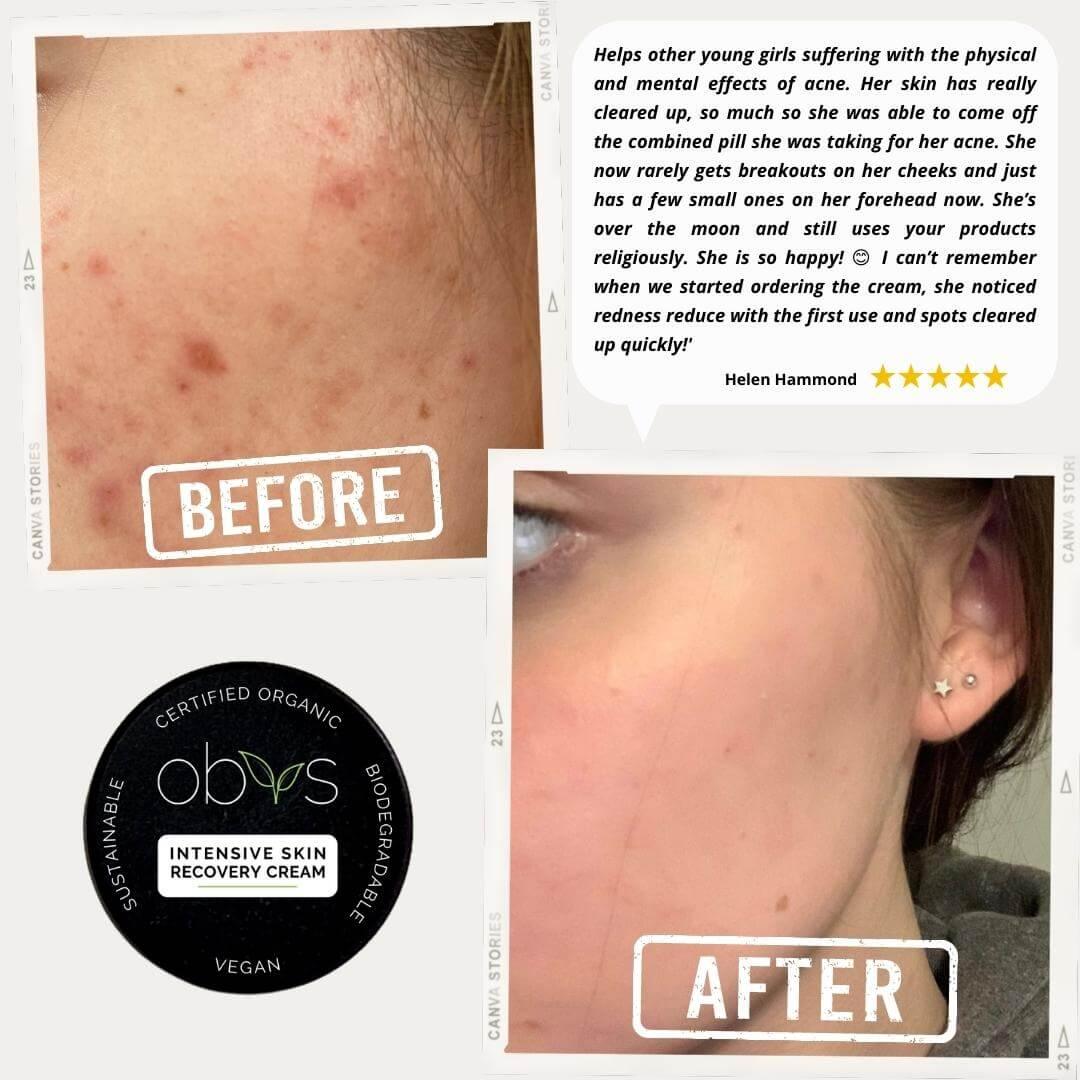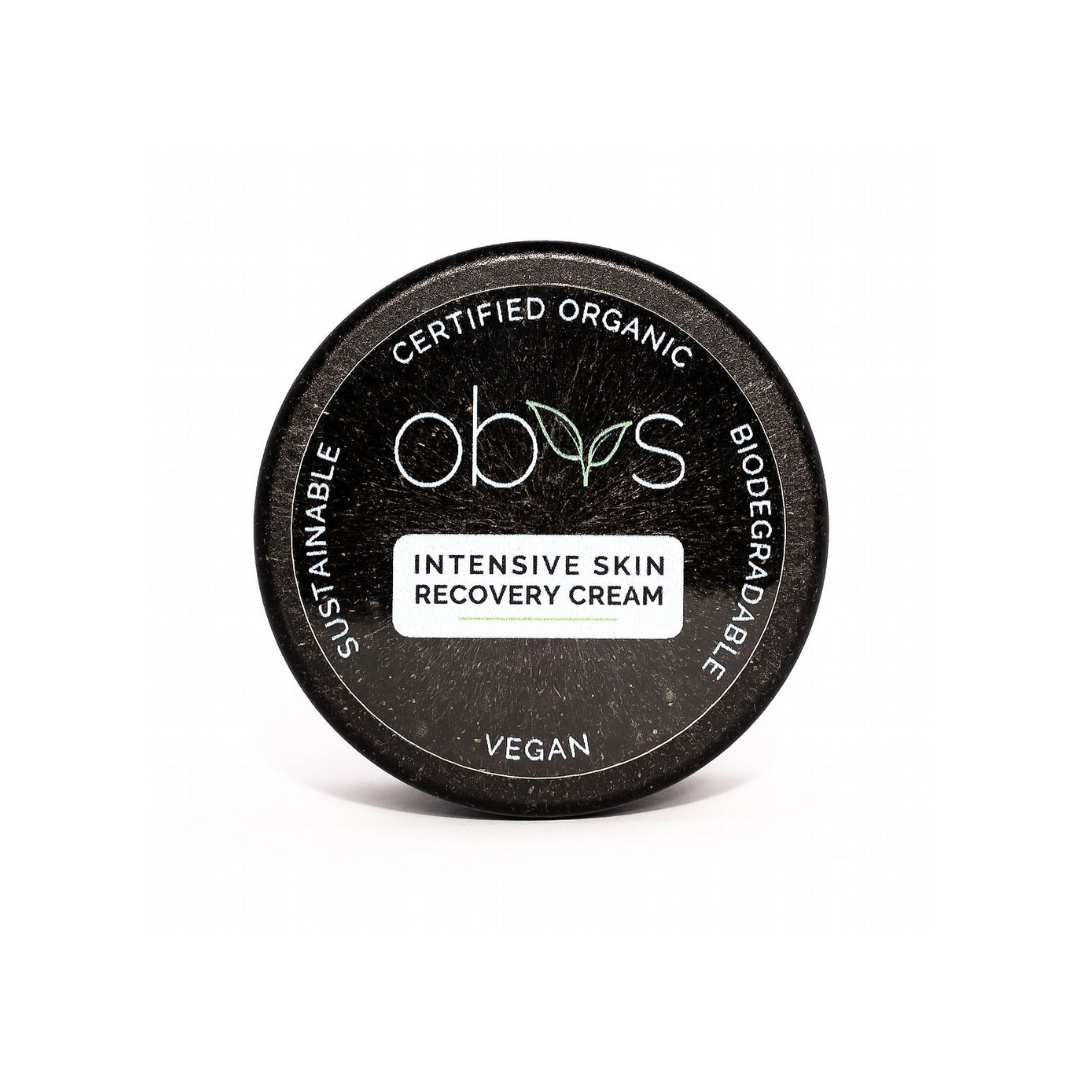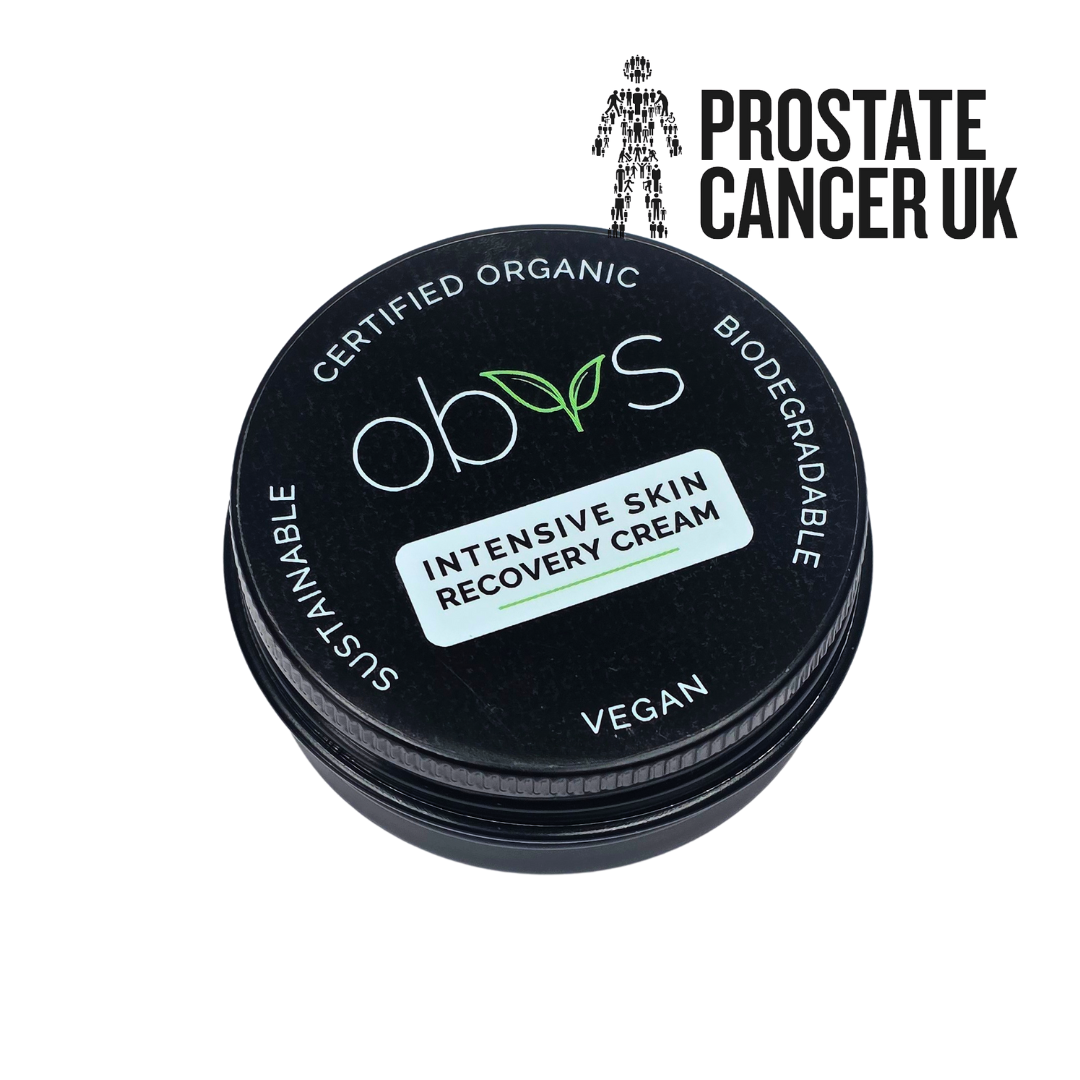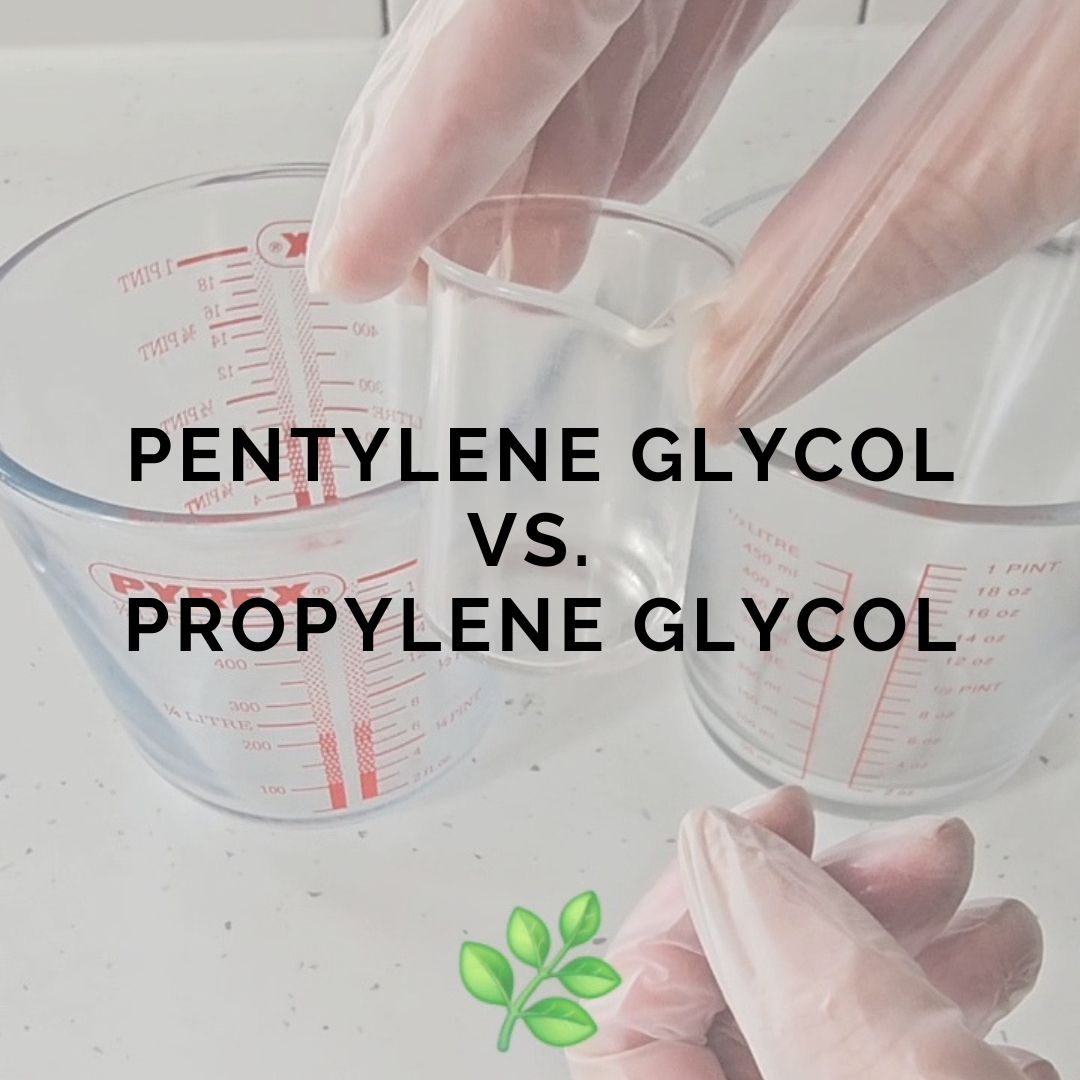
Pentylene Glycol vs. Propylene Glycol: A Sustainable Skincare Showdown
Share
You've likely noticed the terms "pentylene glycol" and "propylene glycol" gracing the ingredient lists of your skincare products.
Both are humectants, meaning they draw moisture into the skin, but their impact on your skin and the environment differs significantly.
Pentylene Glycol: A Skincare and Environmental Star
- Skin Benefits: Pentylene glycol is a gentle humectant that effectively hydrates skin without causing irritation. Its anti-inflammatory properties make it suitable for sensitive skin. Beyond hydration, it can refine skin texture and minimize the appearance of pores.
- Environmental Impact: Pentylene glycol is generally considered more biodegradable and less harmful to the environment than its counterpart.
Propylene Glycol: A Petrochemical-Based Concern
While propylene glycol is an effective humectant, its production process raises environmental concerns. Derived primarily from petroleum and petrochemical byproducts, its manufacturing is energy-intensive, contributing to greenhouse gas emissions and climate change. Furthermore, the extraction and refining of fossil fuels often result in habitat destruction, water pollution, and soil contamination.
From a formulator's perspective, the reliance on petrochemicals for an ingredient commonly perceived as benign is a sustainability challenge. As the beauty industry shifts towards cleaner, greener practices, the use of petrochemical-derived ingredients like propylene glycol is increasingly scrutinized.
Xanthan Gum: The Unsung Hero
Xanthan gum, a natural polysaccharide, is a staple in water-based skincare. It acts as a thickening agent, stabilizer, and mild emollient, contributing to a product's texture and consistency.
Want to see pentylene glycol and xanthan gum in action? Check out this video:
The Future of Skincare: Clean and Conscious
Consumers are increasingly aware of the environmental impact of their choices. The demand for sustainable, clean beauty products is driving formulators to seek alternatives to traditionally sourced ingredients. By understanding the differences between ingredients like pentylene glycol and propylene glycol, you can make informed decisions and support brands committed to both skin health and planetary well-being.

